Preventive Dentistry – Brick Township, NJ
Keeping Your Smile
Healthy and Beautiful for Life
Here at Nu Dental Brick, Dr. Gizachew wants all of his patients to experience the difference a healthy, attractive smile can make. If you haven’t had a dental checkup in the last six months, we urge you to call our dental office today. Regular preventive dentistry in our Brick Township, NJ dental office will protect your teeth and gums from some of the most common oral health problems. As a result, it will be much easier for you to maintain a bright, healthy smile for the rest of your life!
Why Choose Nu Dental Brick for Preventive Dentistry?
- Expert Staff Focuses on Performing Quality Treatments
- Sedation Options for Overcoming Your Dental Phobia
- Convenient Evening and Saturday Appointment Hours
Dental Checkups & Teeth Cleanings
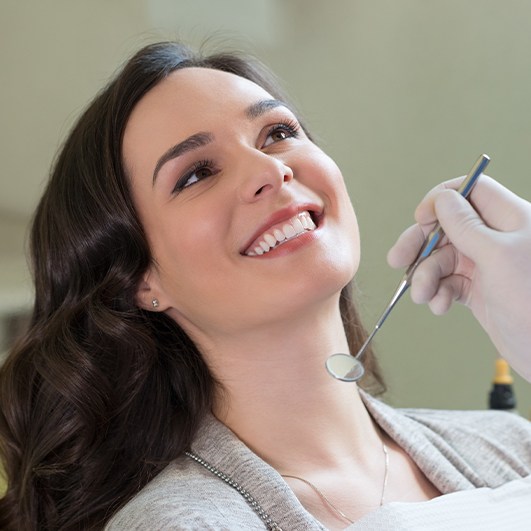
Having your teeth cleaned at least twice a year is essential for removing plaque and tartar from your teeth. Regular brushing and flossing should help keep plaque under control, but it can still accumulate in the hard-to-clean areas of your mouth, and you won’t be able to remove it on your own when it hardens into tartar. That’s why regular cleanings are so important. Furthermore, these visits will give us a chance to check for cavities and gum disease before they become especially severe.
What Happens During a Dental Checkup?
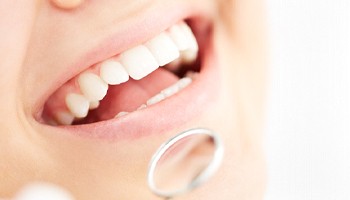
When you arrive at the office for a dental checkup, Dr. G will make sure to not only examine your mouth’s many oral structures very closely, but ask you questions about your oral health. If you have concerns about a specific tooth or symptom that’s been present, you’re always encouraged to mention it to our team so we can keep it in mind during the exam.
Ahead of examining your mouth, our team will capture detailed X-rays to get a better understanding of any potential issues that would otherwise be invisible to the naked eye. After reviewing your X-rays, he’ll examine your teeth, gums, tongue, throat, and other areas for anything that could be indicative of a dental problem. He’ll also use the VELscope to stay on the lookout for life-threatening conditions like oral cancer.
What Happens During a Dental Cleaning?
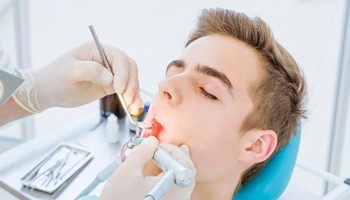
At-home brushing and flossing is incredibly important to the long-term health of your smile, but they aren’t enough to prevent all dental disease. This is where professional cleanings come in. After examining your smile, a hygienist will begin gently, yet thoroughly cleaning plaque and tartar from all the areas of your mouth. This is done using a scaler, a dental instrument that can safely break down calcified material from all the services of your teeth. This includes the areas that often get missed during at-home care.
Following this, they will begin polishing your teeth to leave them looking whiter and brighter. We also floss your teeth and give additional advice on improving your at-home oral care if needed.
Why Routine Dental Visits Matter

While many people assume that they don’t have to visit the dentist if they don’t experience any noticeable problems, the fact is preventive care is the most effective way to avoid dental disease and emergencies in the long-term. After all, most dental issues don’t make themselves apparent until it’s already too late. This includes gum disease and cavities, two of the most common chronic diseases among adults.
Furthermore, there is a reason why dental insurance companies often provide up to 100% coverage for routine checkups in most cases. If you want to save money on healthcare costs, staying on top of your dental visits every six months is easily the simplest way to do so. Of course, you’ll also need to practice at-home brushing and flossing, and our office is happy to recommend products we think will best meet your needs and preferences.
Children’s Dentistry

It doesn’t matter how young your children are; if they have teeth, they’re at risk for cavities. Regular checkups and cleanings are especially important at the earliest stages of life. We know that your little ones might be somewhat anxious about visiting the dentist at first, so we’ll do everything we can to accommodate for their individual needs and help them feel at home. Also, if you have any concerns about your child’s dental development, feel free to ask us for guidance.
Fluoride Treatment
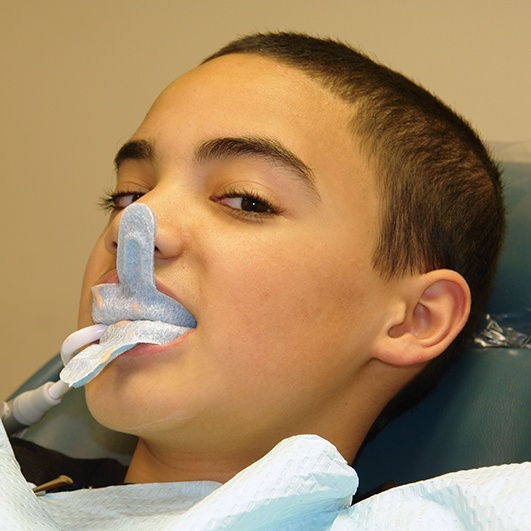
There’s a reason why most kinds of toothpaste and most tap water contains fluoride. This naturally occurring mineral helps strengthen your teeth and protects them from cavities. If for whatever reason you’re not receiving enough fluoride on a daily basis, your regular checkup might include a professional fluoride treatment. This simply involves applying the fluoride directly to your teeth in the form of a highly concentrated rinse, foam, gel, or varnish. You’ll need to avoid eating or drinking for at least 30 minutes to give your teeth time to fully absorb the fluoride.
Oral Cancer Screening
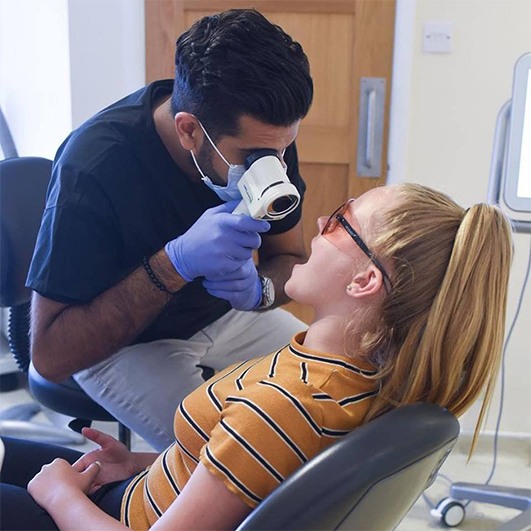
Like most forms of cancer, oral cancer is easier to remove and more likely to be cured if it’s detected in its earliest stages. That’s why each of your checkups will include an oral cancer screening. We’ll visually scan the inside of your mouth for discolored patches and mouth sores, and we’ll feel the tissues for unusual lumps. We might also check your throat and neck for potentially troublesome symptoms that might warrant a biopsy.
Nightguards for Grinding/TMJ
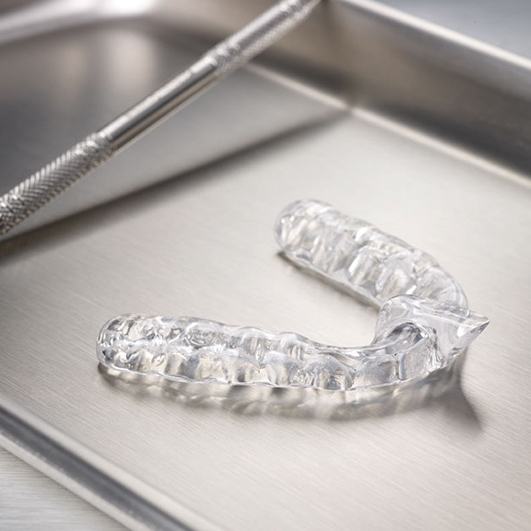
Has your partner been complaining about the sound of you grinding your teeth together at night? Unfortunately, the sound isn’t even the worst of your worries. Grinding your teeth can wear down the enamel protecting them, and it can lead to a painful TMJ disorder. Wearing a nightguard will prevent further damage and relieve the pressure on your jaw joint. You can find nightguards in stores, but the ones we provide can be customized to fit perfectly on your teeth.
Preventive Dentistry FAQs

Preventive dentistry is pivotal for maintaining a healthy, strong, and attractive smile. Do you have questions about this aspect of your oral care? We have answers. Check out the list of FAQs below. If you don’t see the information you were hoping for, give us a call. We will be happy to speak with you.
How Much Does Preventive Dentistry Cost?
If you have dental insurance, you may have to pay little to nothing for most preventive services. In fact, things like cleanings, checkups, and annual X-Rays are 100% covered by most dental plans. If you have to pay anything, it may be nothing more than a deductible.
If you do not have insurance, your care will still be affordable. Cleanings and checkups are typically low-priced. If you sign up for our in-house membership plan, which costs $250 - $500 per year, you can even enjoy these appointments at no additional charge.
Our team strives to go above and beyond to help patients afford their care. Give us a call to learn what we can do for you.
How Often Should I See My Dentist for Preventive Care?
Most people should schedule a preventive appointment with their dentist every six months or so. This allows our team to monitor your oral health, help you maintain a clean mouth, and coach you on how best to care for your smile at home.
Some people should visit us more than twice a year. For example, if you have periodontal disease, you may need to come in three or four times annually so we can help you manage your condition.
Why Do I Need to Have X-Rays Taken?
It is understandable if you are hesitant to consent to X-Rays, especially if you are concerned about radiation. However, please keep in mind that we use digital X-Rays, which emit roughly 90% less radiation than their traditional counterparts.
Moreover, X-Rays can play an essential role in your care. They allow us to see areas of the mouth that cannot be examined with the naked eye, including the roots of your teeth that are hidden beneath the gumline. They therefore allow us to diagnose dental problems as early and as accurately as possible. Most patients should have a full set of X-Rays taken at least once a year.
What Products Are Best for At-Home Dental Care?
When you come in for your appointment, we can give you personalized recommendations on which products will be most beneficial for your oral health. In the meantime, though, we can provide some generalized guidance on which products to use:
- Always favor a soft-bristled toothbrush over one with hard bristles. Most patients find that an electric toothbrush is easier to use and more effective than a manual one.
- Choose a non-abrasive or low-abrasive toothpaste with fluoride, preferably one with a Seal of Acceptance from the American Dental Association.
- Old-fashioned string floss is more effective than a water flosser in most cases. However, a water flosser may be the better option for those with mobility issues or braces.